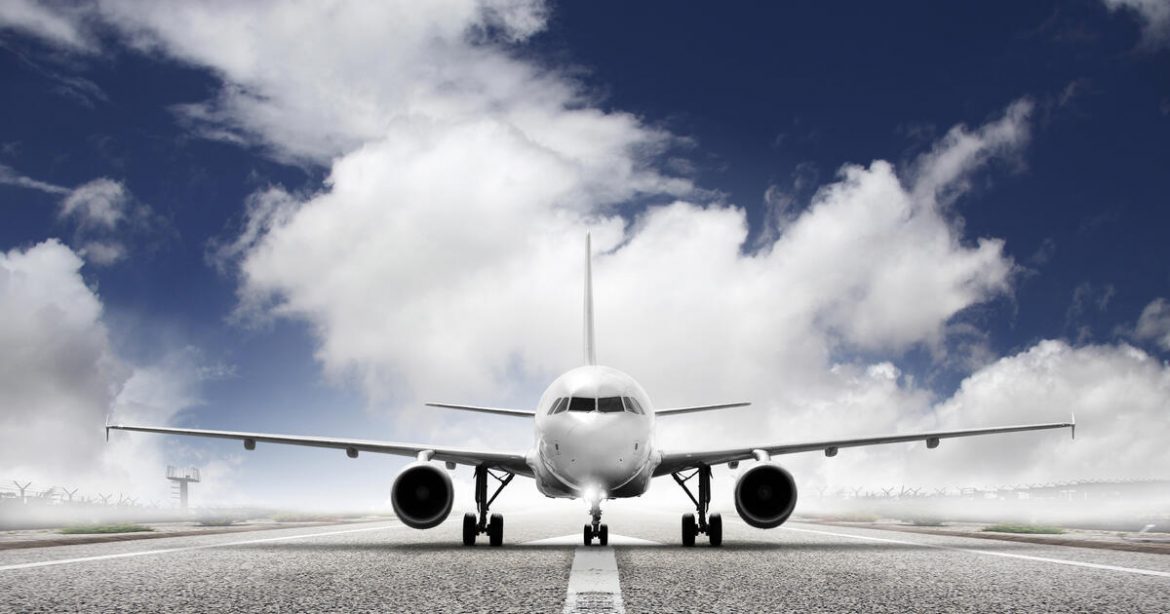International travel may not return to pre-pandemic levels until 2024
International travel as Australians knew it prior to the COVID-19 pandemic may not return to its previous highs until 2024, economists have predicted.
A new report by Deloitte Access Economics forecasts that while international travel may resume prior to 2024, the sheer amount of inbound and outbound passengers will be down on previous levels for at least three more years.
Gradual reopening of borders will continue to have impacts on industries reliant on overseas travel, such as airlines, accommodation providers and tourism operators.

“For Australia, some form of quarantine will remain for some incoming travellers for some time,” Deloitte partner Chris Richardson wrote.
“That keeps international travel (both inbound and outbound) pretty weak in 2022, and it may not return to pre-pandemic levels until 2024.”
Much of Mr Richardson’s forecasts rely on the speed of Australia’s COVID-19 vaccination rollout, which he predicts to overtake that of the virus mutating.
“Central to the speed of that grind will be the ongoing tug-of-war between mutations and vaccinations,” he wrote.
“But we continue to see vaccinations as the more likely winner of that struggle.
“So although some pain will linger – particularly as the mutations mean international borders will remain less-than-fully open for longer – most of Australia’s economy looks on course to be close to pre-pandemic normal by Christmas 2021.”

Prime Minister Scott Morrison has refused to set a timeline on when all eligible Australians would be vaccinated.
Releasing a statement on Facebook on Sunday night, Mr Morrison said while he would like to see these doses administered “by the end of the year”, it was “not possible to set such targets given the many uncertainties involved”.
Innes Willox, CEO of the Australian Industry Group, told Today a delayed vaccine rollout could end up costing the economy $1.4 billion.
“We have done well on health grounds and we probably are winning that health war. But the issue here is that we’re cocooned away from the rest of the world,” Mr Willox said.
“That’s the decision that we made is to turn ourselves away from the world.
“We’re not letting migrants in. We’re not letting students in. We’re not letting tourists in.
“And after a while, that really impacts on your economy.”

Mr Richardson believes migrant arrival numbers won’t be notable until 2023, which may cause skill shortages for the local employment market.
“But caution over mutations means it will be some time before migrants start to come again in any numbers – that may not really begin until 2022, and it may be 2023 before migrant numbers are notable,” Mr Richardson forecasts.
“That underscores the gap between our pre-COVID population forecasts and our current ones.
“And it leaves our job markets without a safety valve for longer, so specific skill shortages will crop up sooner than you think.”
You can get up-to-date information from the Federal Government’s Coronavirus Australia app, available on the App Store, Google Play and the Government’s WhatsApp channel.
Beyond Blue’s Coronavirus Mental Wellbeing Support Service is a 24/7 service free of charge to all Australians. Visit the site here or call 1800512348.
For coronavirus breaking news alerts and livestreams straight to your smartphone sign up to the 9News app and set notifications to on at the App Store or Google Play.








